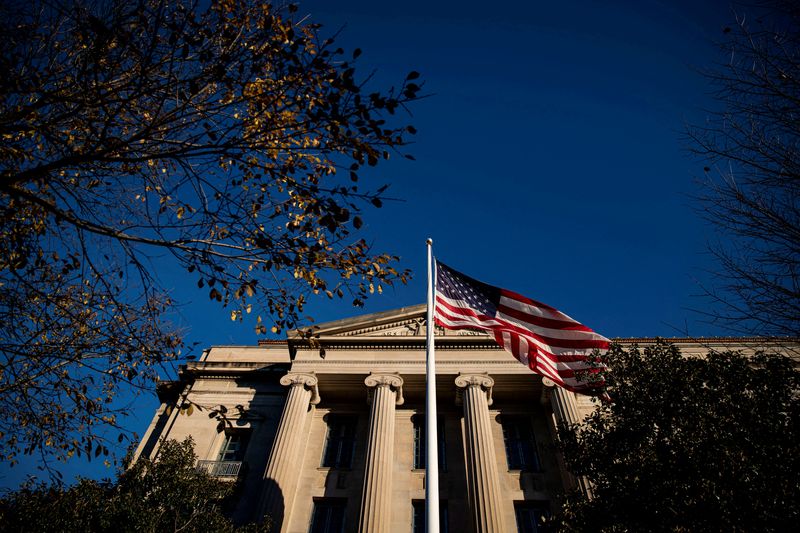SCRANTON – The United States Attorney’s Office for the Middle District of Pennsylvania announced that on September 19, 2022, the United States Court of Appeals for the Third Circuit affirmed both the conviction and 210-month sentence of Anthony Diaz, age 54, formerly of East Stroudsburg, Pennsylvania. That sentence was imposed by United States District Court Judge Malachy E. Mannion on March 26, 2021, after Diaz was convicted by a jury on multiple counts of wire fraud and mail fraud.
According to United States Attorney Gerard M. Karam, from approximately 2008 through April 2015, Diaz owned and operated Financial Planners Group of America, a financial planning business in East Stroudsburg and Scotrun, Pennsylvania. Diaz persuaded his clients to invest in high risk, illiquid “alternative investment products,” including real estate investment trusts, business development companies, oil and gas drilling companies, and equipment leasing companies. Diaz convinced clients to invest their life savings in the alternative investments through a series of false representations, including that the investments were low-risk, with guaranteed protection of principle and guaranteed rates of return, and that the investments were liquid, giving investors access to their funds in an emergency.
On appeal, Diaz asserted a litany of challenges to his conviction and sentence, prompting the Court of Appeals to remark, “On appeal, parties sometimes throw everything against the wall to see what sticks. Here, nothing does.” The Court of Appeals found that the government properly presented evidence of the full scope of Diaz’s scheme to defraud, including conduct occurring after the wires and mailings that were specifically charged in the indictment. For instance, evidence showed that Diaz was terminated by five broker-dealers and permitted to resign by a sixth broker-dealer. Diaz’s former employees testified that they were ordered to conceal his firings and lie to the clients about his changes between broker-dealers. Diaz also was suspended by the Certified Financial Planners Board of Standards in 2013, and under investigation by the Financial Industry Regulatory Authority and the Pennsylvania Department of Banking, both of whom ultimately barred Diaz from the securities industry in 2015. Diaz’s clients testified that he failed to disclose and concealed the true nature of his firings, suspension, and regulatory investigations.
The Court of Appeals upheld the admission of that evidence, finding the concealment of such information from clients to be intrinsic to Diaz’s offenses. Likewise, testimony that Diaz and a former employee destroyed documentation to stymy a regulatory investigation was deemed properly admitted, despite coming to light for the first time mid-trial.
In affirming Diaz’s sentence, the Court of Appeals upheld a sentencing enhancement imposed by the District Court for defrauding at least 25 victims, holding that although the District Court did not specifically identify each victim at sentencing, it was entitled to draw reasonable inferences from the record in support of the enhancement. The Court of Appeals likewise upheld four other sentencing enhancements for engaging in a scheme that involved sophisticated means, violating securities laws (even though no securities law charge was included in the indictment), having an aggravating role in directing others to engage in criminal activity, and obstruction of justice for committing perjury when testifying during trial. Overall, the Court of Appeals found Diaz’s sentence substantively reasonable, noting that the District Court sentenced him more than four years below his advisory guidelines.
The case was investigated by the Federal Bureau of Investigation. Assistant United States Attorneys Phillip Caraballo and Robert O’Hara prosecuted the case.
# # #
